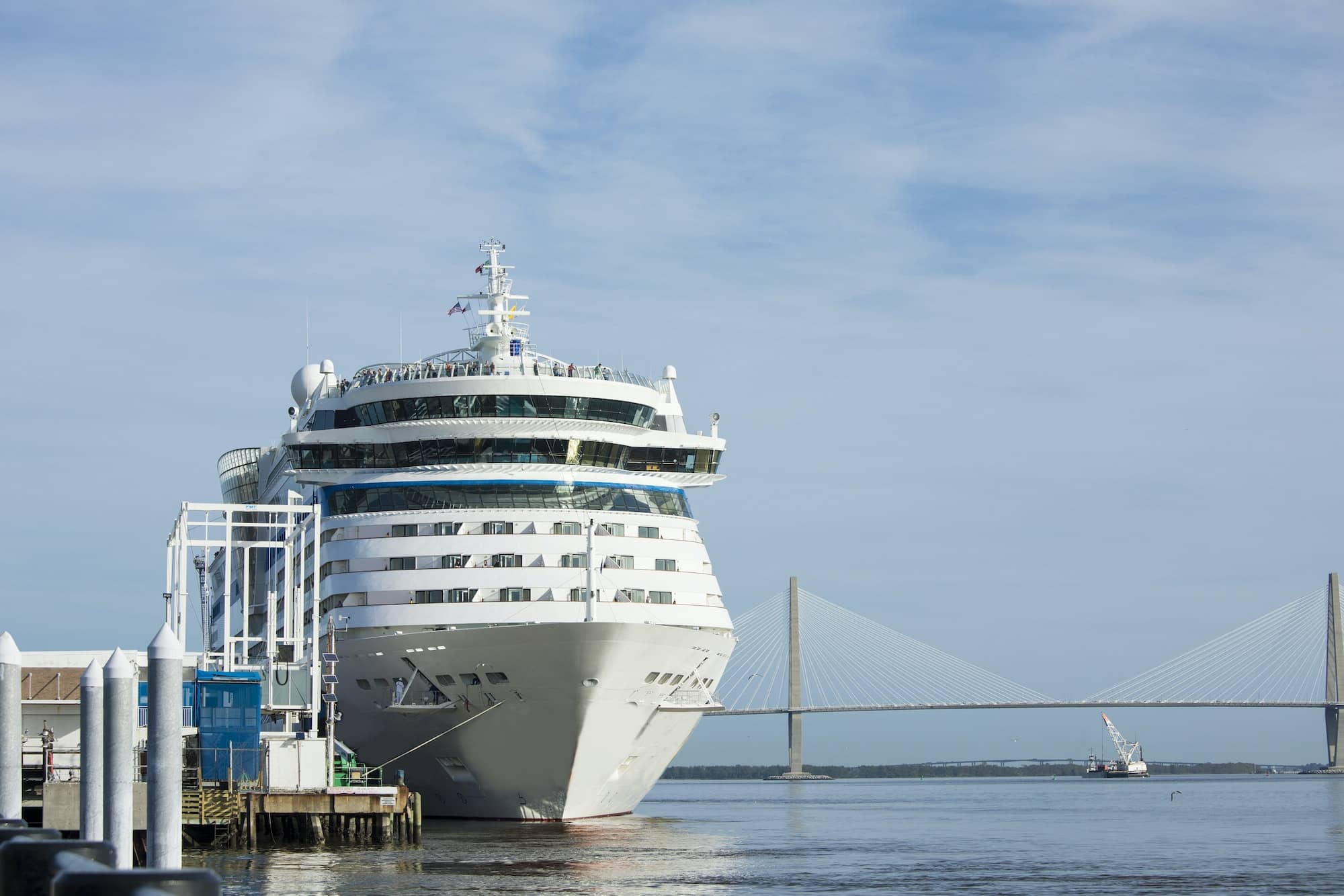Portugal is once again the sixth European country with the highest levels of sulfur oxides
emitted by cruise ships, revealed a study by Zero.
A study developed by Zero placed Lisbon fifth and Funchal tenth in the ranking of
European polluters by cruise ships. Portugal has once again become the sixth country where cruise ships emit the most sulfur oxides, as emissions have increased in both the capital and the island of Madeira.
The environmental organization calls attention to “false solutions” by cruise ship operators that do not represent viable measures and worsen the ecological footprint.
A study by the European Federation for Transport and Environment released on Monday
by Zero revealed that the port of Lisbon is in fifth place in the European ranking of the
highest pollution associated with cruise ships and the port of Funchal closes the group of
the top 10 polluters. The same ranking was led by the port of Barcelona, with the port of
Civitavecchia in Rome in second place and Piraeus in Athens in third.
The study in question had already revealed in 2019 that the port of Lisbon gathers the most
cruise ship traffic in Europe (108), followed by Malaga (107), Barcelona (106) and
Civitavecchia (103). In the Portuguese capital, sulfur oxide (SOx) emissions associated
with cruise ships recorded an increase in 2022 when compared to the reference year –
prior to the covid-19 pandemic.
The report points out that Lisbon’s cruise ships emitted 2.44 times more SOx than the approximately 374,000 passenger vehicles registered in the city, or about 11 tons compared to 4.5, respectively.
The port of Funchal, in turn, rose five positions in the ranking (it was 15th in the previous
report), which is justified by the considerable increase in cruise ship calls, which rose
from 75 in 2019 to 96 in 2022.
In absolute terms, Portugal is again in sixth place among European countries with the
highest emission of SOx by cruise ships, after Italy, Spain, Greece, Norway and France. In
all, cruise ships on the European continent were responsible for releasing 4.4 times more
sulfur oxide than the 291 million cars in circulation in 2022.
In addition to sulfur oxide (SOx), the study released by Zero analyzes various pollutants
such as nitrogen oxides (NOx) and fine particles (PM2.5), responsible for cardiovascular
and respiratory diseases and the “acidification and eutrophication of the ocean, with
negative consequences for the balance of ecosystems,” says the organization. In addition,
greenhouse gases (GHG) such as carbon dioxide (CO2), methane (CH4), and black carbon
(BC) were also measured, Venice has reduced 80% of sulfur oxide emitted by
cruise ships.
“If in 2019, the port of Venice garnered the unfortunate title of Europe’s most polluted
cruise port, in 2022 it plummeted to 41st position after banning large cruise ships from
entering the port in 2021,” Zero further says in a statement. The measure was worth an 80% reduction in SOx emissions in a city assumedly favorable to mass cruise tourism.
Among the measures outlined in the statement to limit cruise ship pollution is the
creation of an alternative fuels infrastructure for shore-side electricity supply by 2030,
and the extension of the Emission Control Areas to all seas in European Union (EU)
countries and the United Kingdom.
There are, however, “false solutions” applied by cruise operators and pointed out by Zero
that end up increasing the environmental and climate impact of these means of transport
. Firstly, the widespread use of exhaust gas cleaning systems (known as scrubbers), which
promotes the emission of fine particles by 61% when used with heavy fuel. In addition,
wastewater discharges redistribute pollutants to the ocean, which only converts air
pollution into marine pollution. Also on record is the mistaken bet on liquefied fossil gas
(LNG) as an alternative fuel used as a “green propaganda weapon,” which hides the fact
that LNG is more harmful to the environment than heavy fuels because of methane leaks.
The same deception is also true of biogas (renewable natural gas), says the organization.
The Azores reach new heights in terms of stopovers and cruise passengers in six months
Zero questions the fight against desertification and declares irrigation policy ineffective

